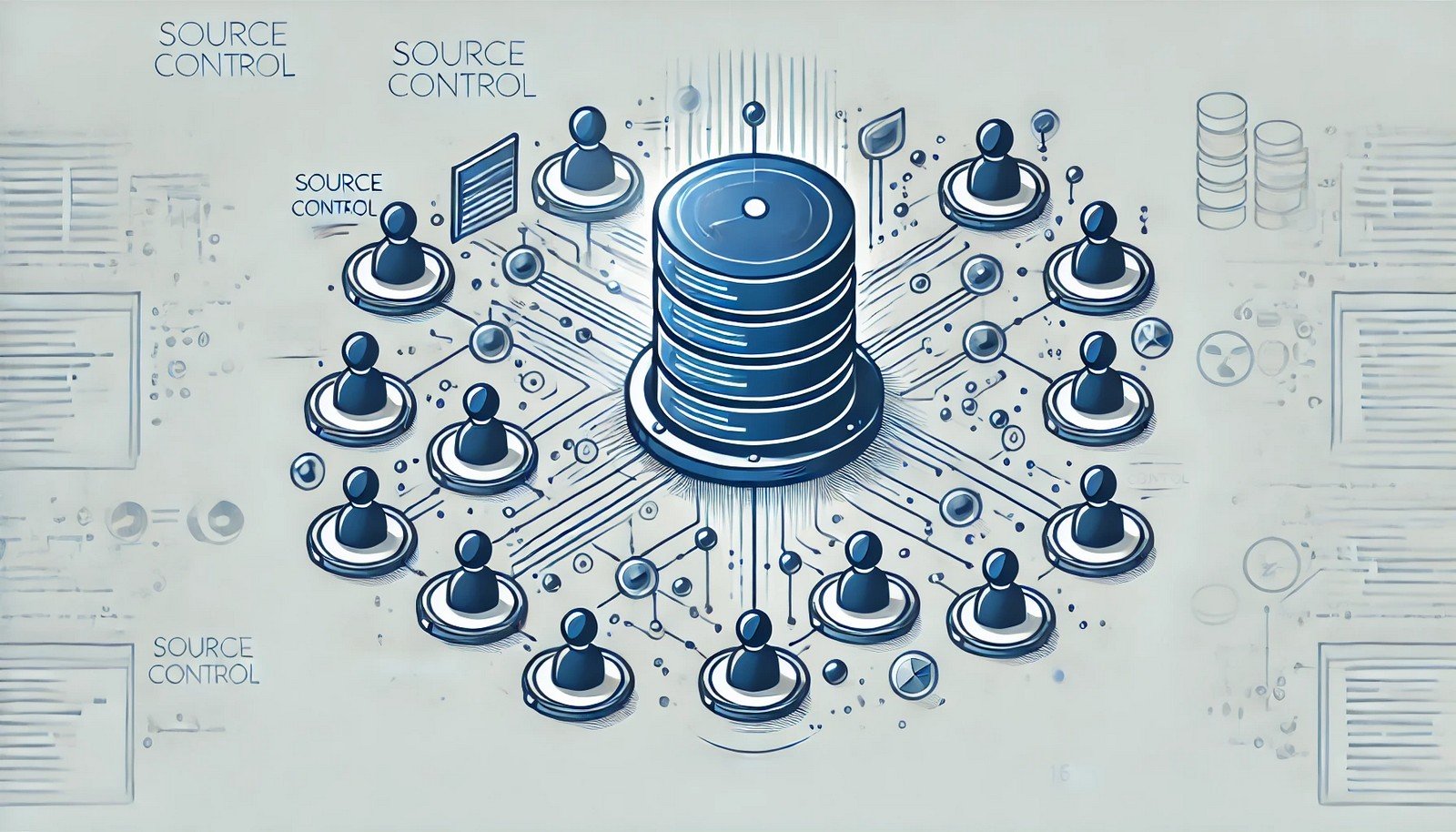Source Control

Representational Image
Quick Navigation:
- Source Control Definition
- Source Control Explained Easy
- Source Control Origin
- Source Control Etymology
- Source Control Usage Trends
- Source Control Usage
- Source Control Examples in Context
- Source Control FAQ
- Source Control Related Words
Source Control Definition
Source control, also known as version control, is a system that manages changes to computer programs, documents, and other collections of information. It ensures that every modification to a file or set of files is tracked, enabling collaboration among developers, rollback to previous versions, and conflict resolution during concurrent edits. Popular tools include Git, Subversion, and Mercurial, which are widely used in software development to maintain code integrity and history.
Source Control Explained Easy
Imagine you and your friends are building a LEGO house together. If you all work on the same part at once, it might get messy. Source control is like a magic notebook where everyone writes what they changed and when. If someone messes up, you can undo their changes and keep building smoothly!
Source Control Origin
The concept originated in the 1970s, initially developed to manage file versions in large-scale software projects. It became essential as teams grew and project complexities increased, leading to modern distributed systems like Git.
Source Control Etymology
The term "source control" combines "source," referring to the source code of software, and "control," denoting management and oversight.
Source Control Usage Trends
Over the decades, source control systems evolved from centralized models like CVS and SVN to distributed ones like Git, reflecting the need for scalability and remote collaboration. Its importance surged with the rise of open-source projects and the need for continuous integration/continuous deployment (CI/CD) pipelines.
Source Control Usage
- Formal/Technical Tagging:
- Software Development
- Version Management
- Collaboration Tools - Typical Collocations:
- "source control system"
- "Git repository"
- "commit to source control"
- "merge conflicts in source control"
Source Control Examples in Context
- Developers use GitHub to host their source control repositories for team collaboration.
- Source control allows rolling back changes when a software update introduces bugs.
- Teams use branch-based workflows to manage features and bug fixes concurrently.
Source Control FAQ
- What is source control?
Source control manages and tracks changes to files, ensuring collaboration and version history. - Why is source control important in software development?
It enables multiple developers to work simultaneously, manage versions, and resolve conflicts. - What are popular source control tools?
Tools like Git, SVN, and Mercurial are widely used. - What is the difference between centralized and distributed source control?
Centralized systems rely on a single server, while distributed systems allow local copies of repositories. - How does source control help in CI/CD?
It automates build and deployment pipelines by tracking code changes and triggering workflows. - Can source control be used for non-software projects?
Yes, it’s applicable to any versioned files, including documentation and multimedia. - What are branches in source control?
Branches are separate lines of development that allow isolated work on features or fixes. - What are merge conflicts?
These occur when concurrent edits overlap and require manual resolution. - How does Git differ from SVN?
Git is distributed, enabling offline work, while SVN is centralized and requires server connectivity. - What is a commit in source control?
A commit records a set of changes to the repository.
Source Control Related Words
- Categories/Topics:
- Software Engineering
- Collaboration Platforms
- Agile Development
Did you know?
The creation of Git was spurred by the Linux community in 2005, as they needed a robust, scalable tool to manage the kernel's source code. Today, it powers some of the world's largest open-source projects!
PicDictionary.com is an online dictionary in pictures. If you have questions or suggestions, please reach out to us on WhatsApp or Twitter.Authors | Arjun Vishnu | @ArjunAndVishnu

I am Vishnu. I like AI, Linux, Single Board Computers, and Cloud Computing. I create the web & video content, and I also write for popular websites.
My younger brother, Arjun handles image & video editing. Together, we run a YouTube Channel that's focused on reviewing gadgets and explaining technology.



Comments powered by CComment